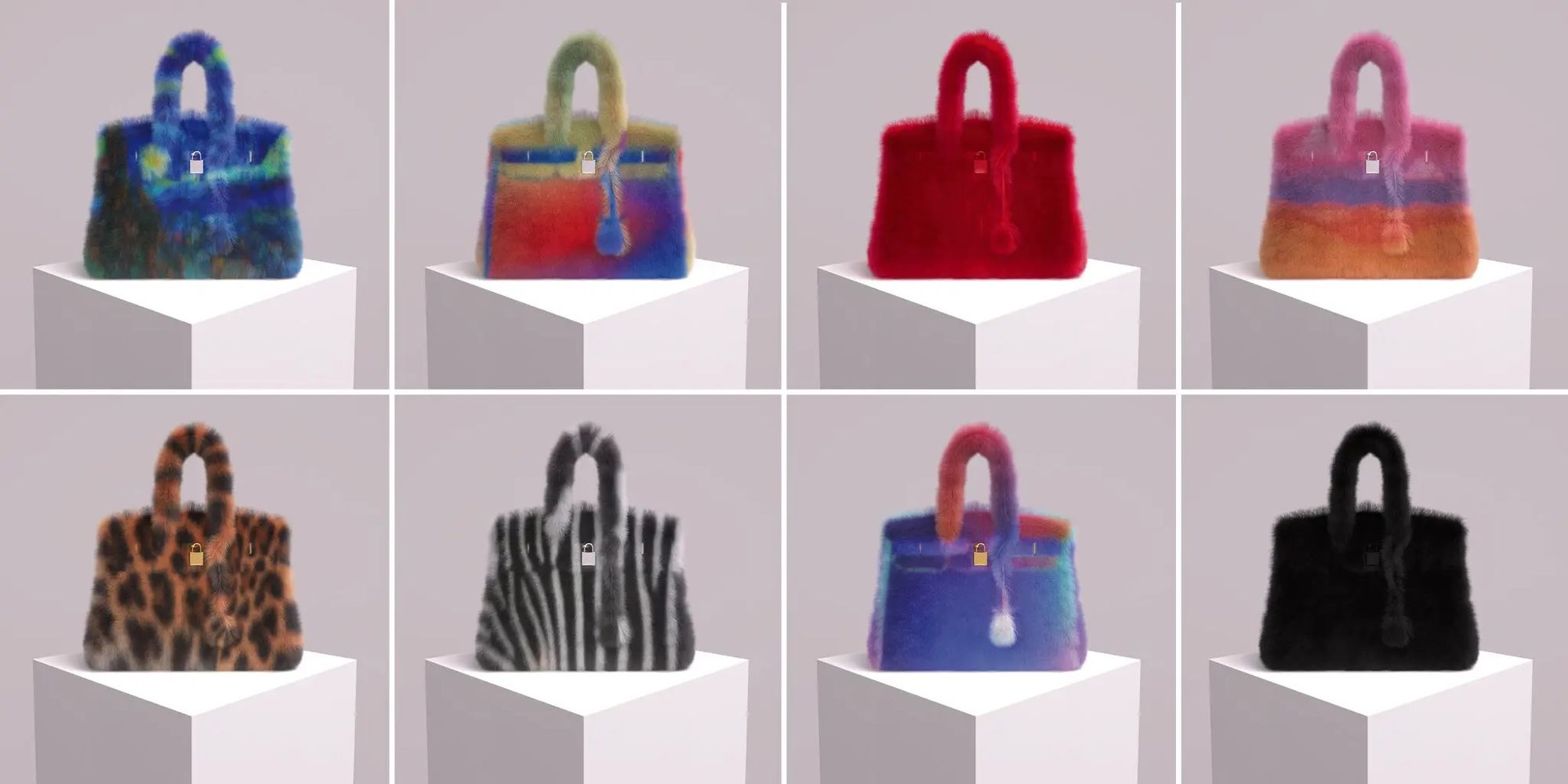Hermès Win Against MetaBirkins is a Fashionable Lesson for NFT Artists

Luxury fashion brand Hermès has won its lawsuit against Mason Rothschild's MetaBirkins, in a case that could reshape the landscape for NFT artists moving forward.
In January 2022, Hermès filed a lawsuit against MetaBirkins, alleging that Rothschild had infringed the brand’s intellectual property. MetaBirkins was marketed as "a tribute to Hermes’ most famous handbag."
Rothschild planned to create 1,000 MetaBirkins at $450 each, but only 100 have been released since the project began in 2021. 7.5% of secondary sales would also go to Rothschild.
Hermès alleged in court filings that MetaBirkins reached about $1.1 million in total sales volume. Rothschild said he has made $125,000 from the NFTs so far.
Hermès claimed the NFTs were “likely to cause confusion and mistake in the minds of the purchasing public” and falsely implied the goods are “authorised, sponsored, or approved by Hermès when, in fact, they are not”.
Read more: Bitcoin Ordinals Are Disrupting NFTs But Here's Why Bitcoin Maxis Hate It
“The reason for these sales was the Birkin name,” Oren Warshavsky, a lawyer representing Hermès said.
The case triggered the debate as to whether nonfungible tokens (NFTs) are commodities or art protected by the First Amendment.
On Wednesday, a federal jury agreed that Rothschild had infringed on the company’s trademark rights, awarding Hermès $133,000 in total damages.
The jurors, who were not convinced NFTs are art, also found that his NFTs were not protected speech. Instead, the jury said MetaBirkins resembled commodities so should be subject to strict trademark laws.
“Hermès is a house of creation, craftsmanship and authenticity which has supported artists and freedom of expression since its founding,” Hermès said after the verdict.
Read more: Fans Overthrow Dungeons & Dragons in IP, NFT Win
Rothschild's lawyer Rhett Millsaps described the verdict as a “great day for big brands” and a “terrible day for artists and the First Amendment.”
“What happened today was wrong. What happened today will continue to happen if we don’t continue to fight.”
Lessons learned
IP rights have long been a contentious issue in the NFT field, with projects often pushing the boundaries of acceptibility. The Hermès case has shown that courts aren't impressed by NFT projects testing the waters.
Rothschild’s defence questioned whether those who could afford the iconic Hermès bags and are aware of their high ticket prices and waiting lists, would actually be misled by his MetaBirkins.
Birkins were a “cultural symbol of rarefied wealth and status,” Millsaps argued, saying artists should be allowed to explore them as metaphors of consumerism.
“Art doesn’t exist in a vacuum — it’s about context,” he said.
Read more: 2023 Could Be the Year for Metaverses & NFTs – Here's Why
Moving forward, NFT artists will have to tread carefully when drawing inspiration from fortified intellectual property. Along with increased crypto regulation, the Hermès case suggests that the "wild west" days of the web3 and NFT space might be over, as projects are held accountable for hovering in the grey area.
